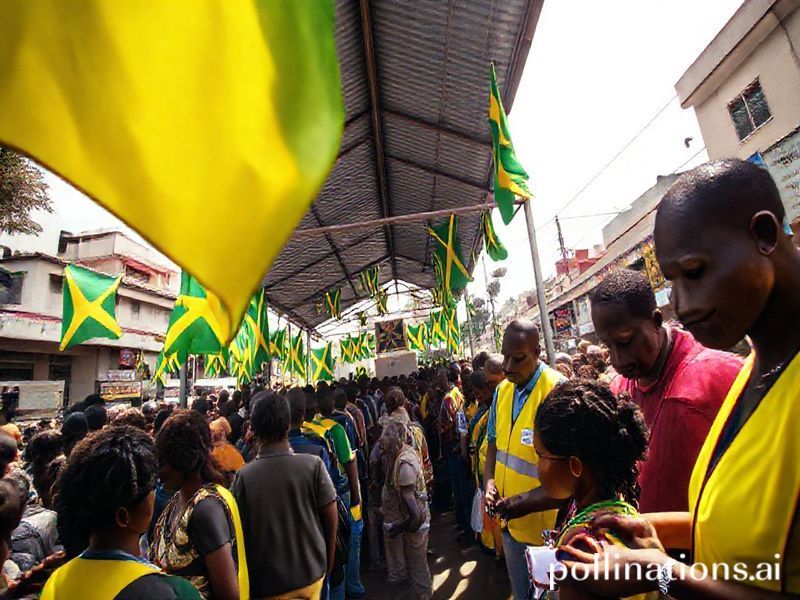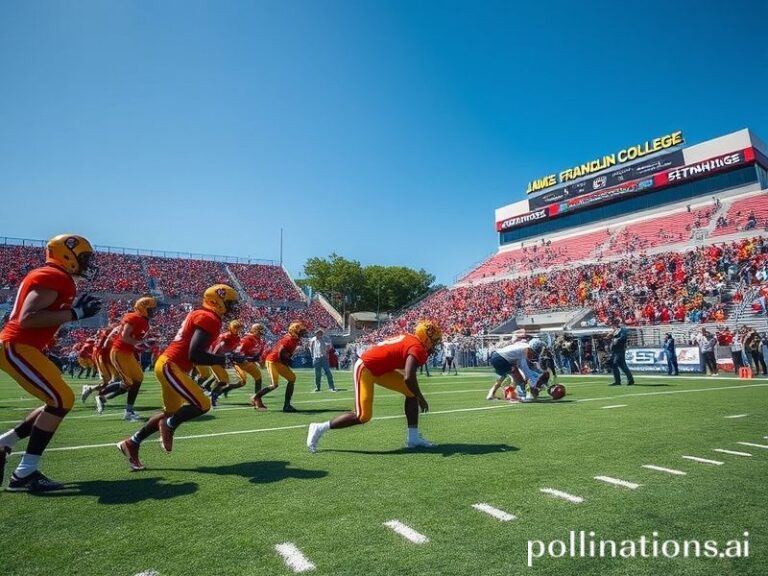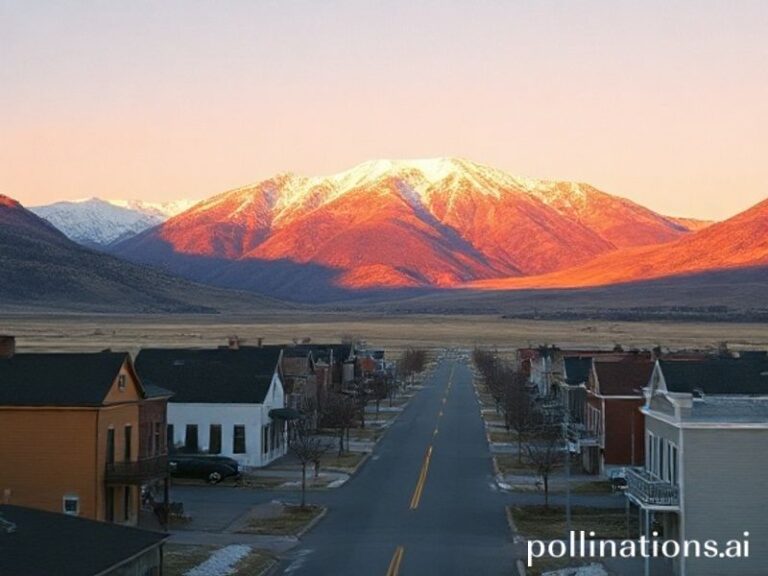jamaica elections
Kingston, Jamaica – In the gentle Caribbean breeze that usually carries only the scent of jerk chicken and the distant bass line of a reggae riddim, something sharper is blowing this week: the metallic tang of freshly printed ballots and the unmistakable whiff of geopolitical opportunism. Jamaica’s national elections on Thursday may look, to the untrained eye, like another charming island ritual—bright colors, louder music, and the inevitable victory lap by whichever party hired the better sound system. But peel back the Red Stripe-soaked bunting and you’ll find a micro-drama with macro-implications, the kind of small-stakes poker game that nonetheless teaches the rest of the world exactly how the deck is marked.
On the surface, voters face a familiar duopoly: the Jamaica Labour Party (JLP), led by the perennially boyish Andrew Holness, versus the People’s National Party (PNP), fronted by the determinedly professorial Mark Golding. Both wear the obligatory technocratic smile, promising jobs, vaccines, and an end to the sort of gun violence that makes the island’s murder rate look like a particularly enthusiastic season of “Narcos.” Yet beneath the slogans lies a deeper contest—who gets to play middleman between Washington, Beijing, and the ever-hungry cruise-ship industry, now clawing its way back from a pandemic that left Caribbean coffers as empty as a hotel minibar after spring break.
International observers—yes, those well-meaning souls who land like migratory birds, fill out forms, and then fly off to the next ballot box—have already noted the usual irregularities: missing voter rolls in districts that just happen to oppose the government, sudden power outages in counting centers, and campaign financing so opaque it could moonlight as a Caribbean offshore shell company. (Speaking of which, the Cayman Islands phoned: they want their business model back.) Still, the real audience for this performance isn’t the local electorate; it’s the International Monetary Fund, the Chinese Development Bank, and a smattering of hedge-fund analysts who’ve realized that sunny beaches pair nicely with sovereign debt.
Why should the rest of the planet care? Start with the obvious: Jamaica is a canary in the post-colonial coal mine. Once Britain’s favorite sugar plantation, now Washington’s backyard and Beijing’s newest Belt-and-Road pit stop, the island has become a geopolitical Airbnb—everyone wants to rent influence but nobody wants to fix the plumbing. The JLP’s quiet flirtation with Chinese infrastructure loans—billions for highways, ports, and a shiny new parliament building that looks suspiciously like a regional headquarters for the Communist Party—has U.S. policymakers muttering about “debt-trap diplomacy” while simultaneously forgetting to cancel their own student loans. Meanwhile, the PNP’s flirtation with Washington’s Build Back Better World initiative looks less like courtship than a late-night swipe-right on a very conditional aid package. Either way, the Jamaican taxpayer gets the tab, and the interest rate is pure extortion.
The wider significance? Small island states are the world’s laboratory for modern empire—petri dishes where great powers test how little sovereignty they can buy for how much interest. If Beijing can bribe its way into a Caribbean deep-water port with a few sports stadiums and some ZTE surveillance cameras, imagine the Black Friday deals awaiting cash-strapped nations from Sri Lanka to Senegal. Conversely, if Washington can still pull a former British colony back into orbit with promises of vaccines and NBA exhibition games, the Cold War playbook isn’t quite dead; it’s just wearing flip-flops.
And then there’s the climate angle, because 2024 wouldn’t be complete without existential dread. Jamaica’s beaches are vanishing faster than campaign promises after inauguration day; the same storms that flatten coastal villages also flatten GDP growth. Whoever wins Thursday will have to decide whether to cash the next tranche of fossil-fuel-backed loans or gamble on green bonds that currently pay in moral superiority rather than hard currency. Spoiler alert: moral superiority doesn’t service debt.
By Friday morning, Kingston’s streets will again echo with horns and half-hearted victory speeches. The winner will promise unity, the loser will allege fraud, and the bar owners of Half Way Tree will toast whoever keeps the beer trucks running. But somewhere in Washington, Beijing, and the glass towers of global finance, analysts will update their spreadsheets, noting that the price of influence in the Caribbean just ticked up another basis point. And the rest of us? We’ll go back to scrolling past headlines about other people’s elections, comforted by the illusion that small islands don’t tilt the planet—until, of course, they do.







